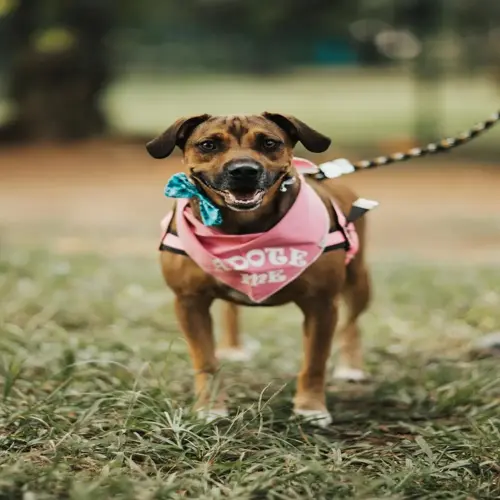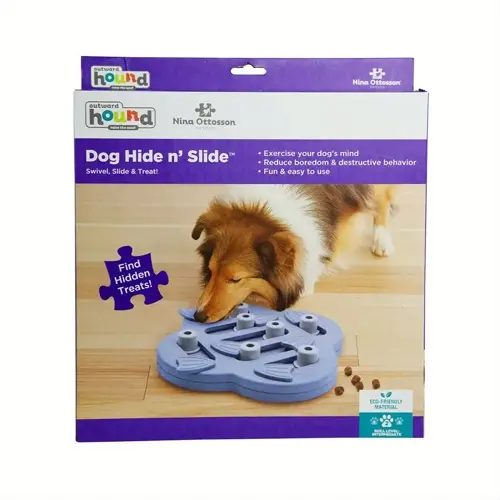How long after eating do puppies need to poop?

Written by
Wang Jiahao
Reviewed by
Prof. David Walsh, Ph.D.Digestive timing varies widely in puppies because they are still developing. Young pups have faster digestive processes than older puppies, allowing them to get dependable periods for instrumentality. Learning these times makes toilet training from an ordeal to a success. Feed the same amount of feed at regular intervals to make the bathroom schedule dependable.
Schedule Optimization
- Take puppies out at peak digestion times
- Establish consistent potty routes
- Use command phrases like 'go potty'
- Track patterns in a poop diary
Digestion Monitoring
- Note stool consistency after each meal
- Watch for straining or discomfort
- Measure food-water intake ratios
- Record timing deviations
Problem Indicators
- Diarrhea within 30 minutes: Food intolerance
- Straining without results: Constipation
- Blood in stool: Veterinary emergency
- Schedule changes: Digestive issues
Routine consistency increases the predictability of their digestion. Feed meals at regular times each day. Feed the same amount of food each day. Regulate the times for drinking water. These create predictable body patterns. The body of your puppy learns to adapt to fixed elimination times, and training will be easier.
The meal makeup affects processing rate; diets with more protein are digested more rapidly than diets made primarily of carbohydrates. Wet food is digested more quickly than dry kibble. Lastly, treats alter the natural digestive pattern. One balanced puppy food, one proper formula, is all you need. Making regular diet changes is not a typical practice.
Activity levels affect digestion. Increased playtime speeds up the metabolism, which tends to increase the sense of urgency. Calm puppies will digest more slowly. After meals, schedule quiet time and avoid vigorous exercise while digestion is occurring. This helps avoid accidents while you are playing.
Read the full article: Puppy Feeding Schedule: Complete Guide

